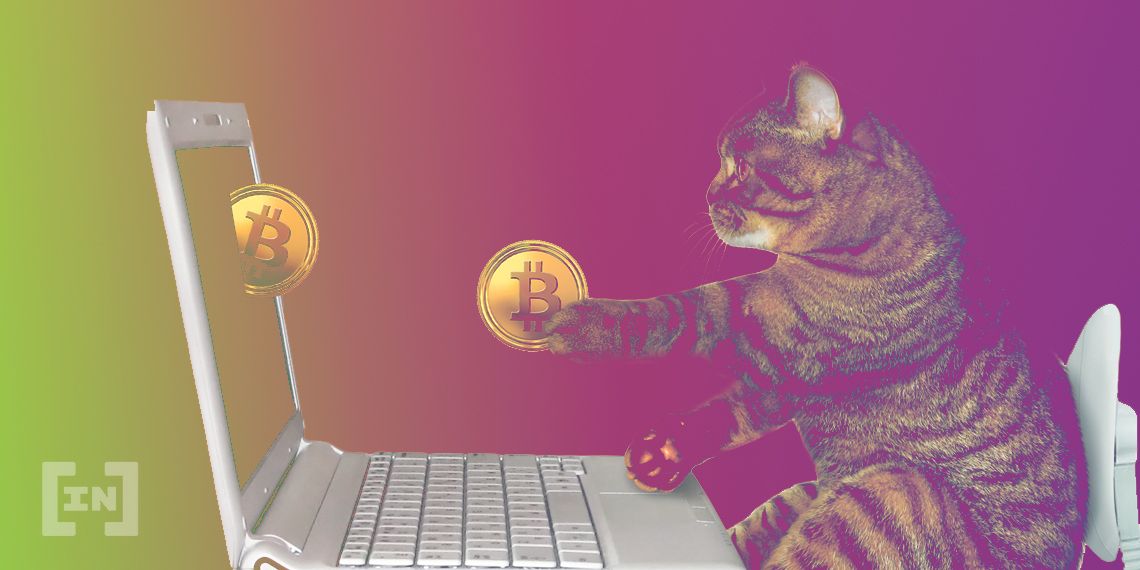Proof of Bitcoin Keys
By hoping to inspire a large number of users to withdraw their funds from their exchange account, the organizers believe this stress test will help to identify which exchanges are operating a fractional reserve, which essentially means they don’t actually have sufficient Bitcoin on hand to cover 100% of user balances. In the run-up to previous Proof of Keys events, large numbers of users withdrew their BTC from dozens of cryptocurrency exchanges, and the event was partially responsible for the collapse of QuadrigaCX—a Canadian cryptocurrency exchange that was declared bankrupt earlier this year.Proof of Keys leader and well-known cryptocurrency investor Trace Mayer encourages anybody looking to participate in the event to show their support on Twitter by adding ‘[Jan/3➞₿🔑∎]’ to their Twitter handle. The official Proof of Keys website has also created a Google Form to help track how many bitcoin holders are participating.Less than 60 days until #ProofOfKeys. Who is participating in 2020? Change your handle yet? [Jan/3➞₿🔑∎] 💪
— Trace Mayer (@TraceMayer) November 5, 2019
Just recently "Einstein Crypto Exchange Seized by Canadian Securities Regulator." $850m of @Tether_to seized with Crypto Capital. QuadrigaCX last year. #MtGox, et. al. pic.twitter.com/nu4fqftQ1c
Not Your Keys, Not Your Coins
For the most part, cryptocurrency exchanges are considered to be a much more convenient way to store cryptocurrencies. After all, they offer much the same functionality as client-side wallets, while also allowing Bitcoin holders to trade and invest all in one place. However, by storing particularly large sums of Bitcoin or any other cryptocurrency in a single place, holders can be left vulnerable, since cryptocurrency exchanges are notorious for being hacked. This is doubly problematic when you consider that very few cryptocurrency exchanges have insurance over user funds, and some operate in jurisdictions that make them practically untouchable by regulators and lawmakers. Not only this, but the industry is also rife with exit scams, the most recent of which may currently be underway with the disappearance of the IDAX CEO in late November.
Because of this, it is widely thought that individuals storing their own private keys have far less chance of losing funds in the long run, while also helping to improve the Bitcoin network. After all, the more people that participate in Bitcoin’s consensus network, the more resistant it becomes to censorship attempts and manipulation. It also has the benefit of ensuring that fewer people will be left vulnerable to potential hacks and scams.
Not only this, but the industry is also rife with exit scams, the most recent of which may currently be underway with the disappearance of the IDAX CEO in late November.
Because of this, it is widely thought that individuals storing their own private keys have far less chance of losing funds in the long run, while also helping to improve the Bitcoin network. After all, the more people that participate in Bitcoin’s consensus network, the more resistant it becomes to censorship attempts and manipulation. It also has the benefit of ensuring that fewer people will be left vulnerable to potential hacks and scams.
Images are courtesy of Twitter, Shutterstock.
Trusted
Disclaimer
In adherence to the Trust Project guidelines, BeInCrypto is committed to unbiased, transparent reporting. This news article aims to provide accurate, timely information. However, readers are advised to verify facts independently and consult with a professional before making any decisions based on this content. Please note that our Terms and Conditions, Privacy Policy, and Disclaimers have been updated.


